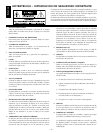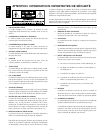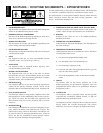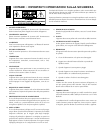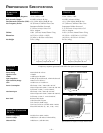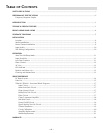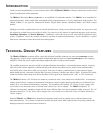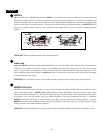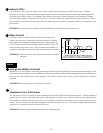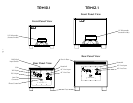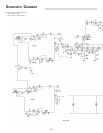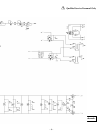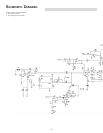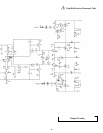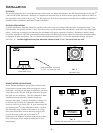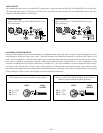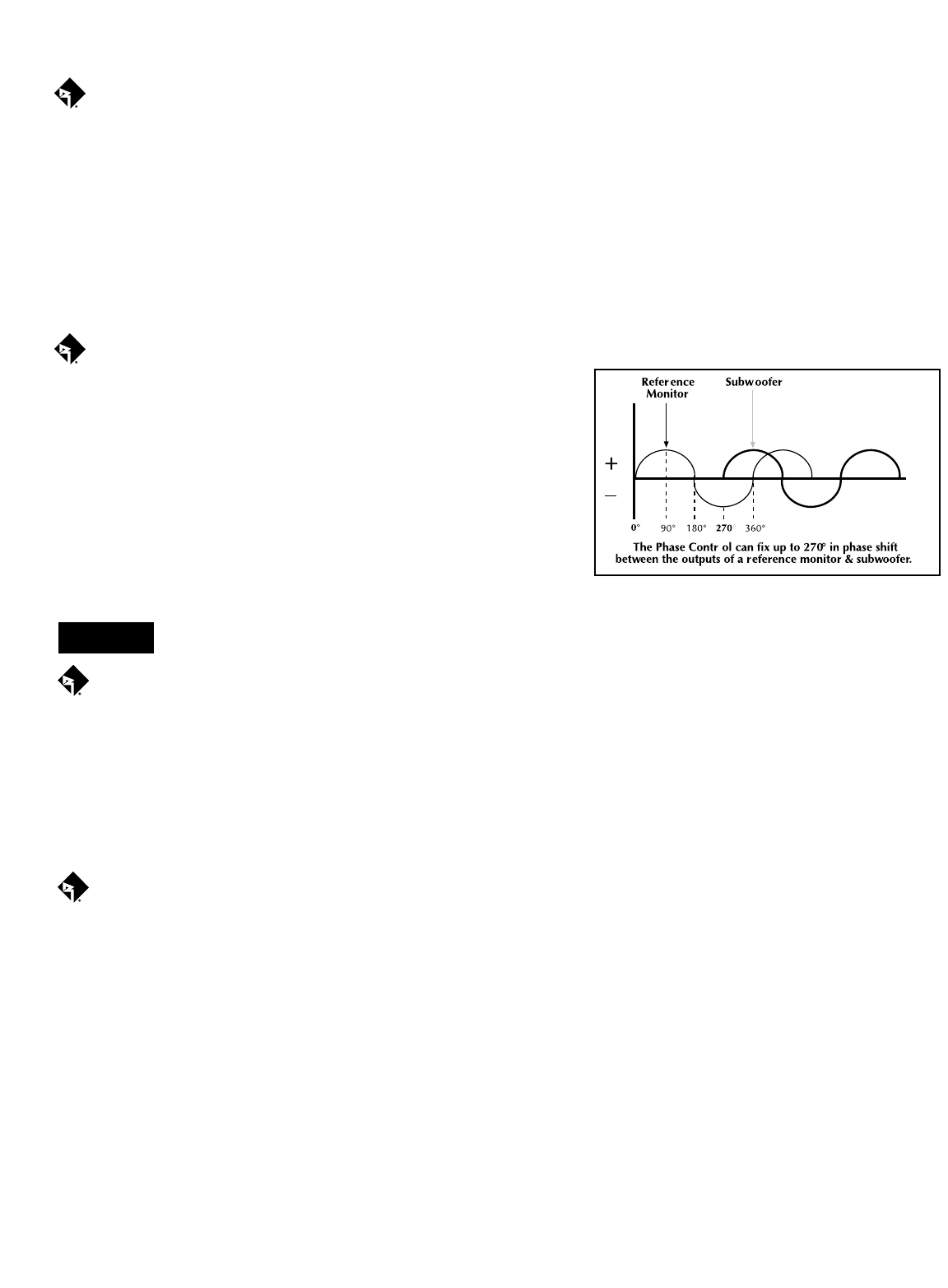
– 3 –
Woofer
Santoprene Rubber Surround
Santoprene is a very durable and temperature tolerant material which provides the consistent support necessary for the
linear motion of the speaker cone. In addition, the damping capabilities eliminate the transmission of sonic disturbances
between the cone and the frame of the speaker. This greatly improves the accuracy of the woofer's low frequency
response.
THE RESULT: Improves woofer's low frequency response.
Aluminum Voice Coil Former
The transducer's voice coil former is black anodized aluminum for highly efficient thermal transfer. Another method of
producing voice coils is with Kapton® formers. Although this material is very resistant to heat, any heat generated by
the transducer is "trapped" on the copper voice coil windings. HAFLER uses aluminum voice coil formers because alu-
minum acts like a "heat sink" and helps dissipate heat away from the voice coil. This allows winding high temperature
copper wire in multiple layers for improved efficiency.
THE RESULT: Improves power handling by efficiently dissipating heat.
Subsonic Filter
The TRM series uses a Subsonic Filter to prevent the woofer from reproducing inaudible frequencies. Subsonic
frequencies (known as infrasonic frequencies) are signals below the normal human hearing range and are generally
considered to be below 20Hz. The subsonic filter reduces the energy of these frequencies and restrains the woofer
from operating outside its optimum linear excursion. This type of electronic control eliminates the mechanical distor-
tion caused by a woofer traveling beyond its XMAX, improves power handling, increases reliability and improves sonic
performance.
THE RESULT: Improved power handling, increased reliability and improved sonic performance.
Phase Control
The Phase Control is used to align the arrival time of the sub-
woofer's low frequency information with high frequency informa-
tion produced by additional reference monitors. Aligning both sig-
nals will insure that both low and high frequencies arrive at the lis-
tening position at the same time. This eliminates the possibility of
acoustical cancellation and improves the reproduction of transients.
THE RESULT: Eliminates phase cancellation and improves transient
response.



